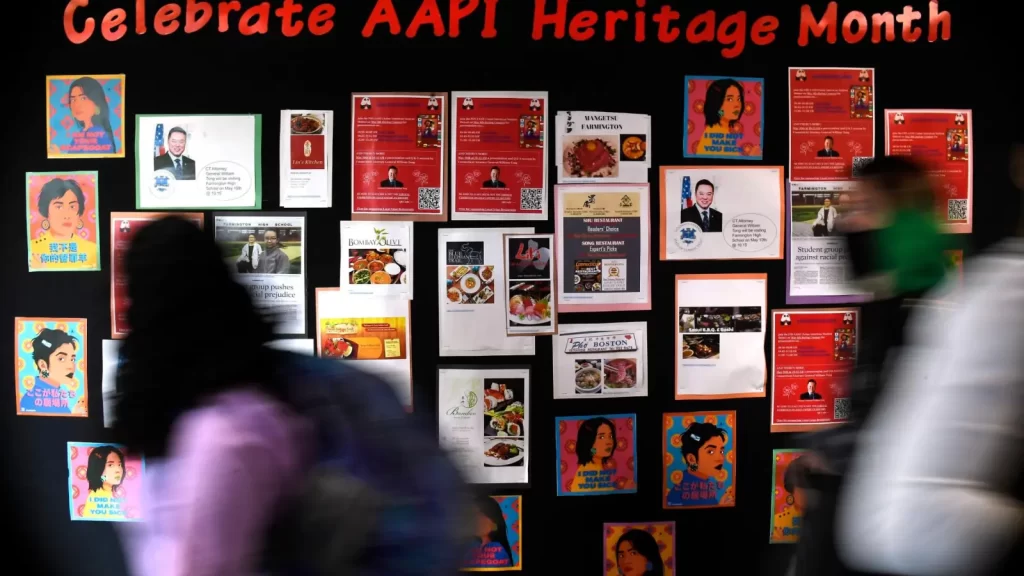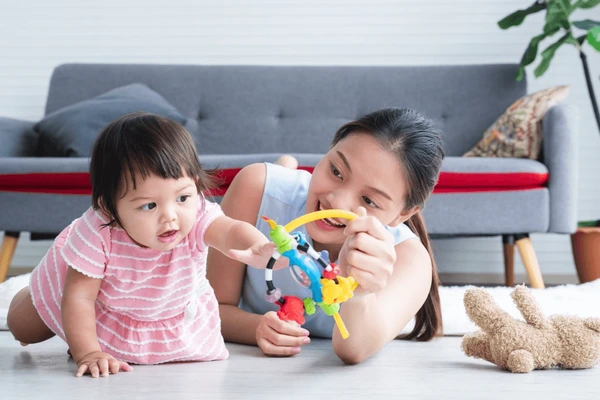In many Asian cultures, grandparents are more than just family—they’re pillars of wisdom, love, and guidance.
Growing up around mine, I didn’t see it at first, but looking back, I feel the impact of their quiet influence in nearly every part of who I am. Their stories, their gentle nudges, and even the simple routines like making tea or a taking a walk to the park left lessons that sank in over time.
In countries like India, Japan, and Korea, it’s common to live with grandparents, and they’re more than just extra hands. They’re the ones who pass down traditions, stories, and values, often in ways we don’t recognize right away.
My grandmother, for instance, taught me patience and respect—not with words but with her hands in the garden or the careful way she rolled chapatis. My granduncle turned the most ordinary moments into adventures; a simple walk became a journey filled with stories that made the world feel richer, more connected.
It was in these little moments that I learned learning doesn’t stop at books or school. It’s there in the everyday, in the laughter, stories, and love that cross generations without needing to say much at all.
Grandparents in China: Vital Educational Support Systems
In Chinese culture, multigenerational households are not just common. In fact, they are a cornerstone of family life.
Grandparents play an essential role in the upbringing of children, often taking on responsibilities that go beyond simple caregiving. This intergenerational connection provides children with a unique source of wisdom, emotional support, and cultural continuity.
When grandparents are present in the household, they create an environment where traditional values are passed down. Children also receive a holistic education that goes beyond academics. This arrangement greatly impacts children’s development and educational outcomes. It also instills a deep respect for family and community.
My own life is a testament to this cultural practice.
My Amazing Grandmother
When I was younger, my grandmother made the long journey from China to live with us.
Her presence in our home was far more than a familial obligation; it was an immersive experience in patience, respect, and communication.
She imparted invaluable lessons that have shaped my approach to life and learning.
Take patience, for example. To her, it wasn’t just about waiting. It was about slowing down, understanding others, and fostering empathy. This lesson was pivotal in developing my interpersonal skills, particularly in how I interact with older generations and my peers.
And then there was her gift for listening. She didn’t just hear you out. She absorbed every word, making you feel seen in the most profound way. It’s a quality I’ve tried to carry with me into my own life, especially in how I approach teaching and learning. Her wisdom, grounded in our culture, was like an anchor for me. It reminded me of the deeper values that often get lost in today’s fast-paced world.
Her teaching methods, rooted in cultural wisdom and personal experience, provided a perspective that went far beyond conventional education. They were lessons in resilience, humility, and the importance of community, all of which have shaped my outlook on education and life.

Her influence serves as a powerful reminder of the invaluable role that elders play in the holistic development of a child—something modern education often overlooks. By embracing these cultural and familial teachings, I’ve gained a deeper appreciation for the richness of multigenerational learning.
It’s a practice that not only strengthens family bonds but also enriches the educational experiences of children, providing them with a well-rounded foundation for life.
Educational Gifts from My Granduncle
Alongside my grandmother’s influence, my educational journey was deeply enriched by my granduncle, a professor at Brown University, who had an uncanny ability to inspire curiosity.
Every year, without fail, he would send my sister and me educational gifts—ranging from guides to birds and rocks to books on psychology. These gifts were more than educational tools; they opened gateways to new worlds and possibilities. His thoughtful choices opened my eyes to new fields of knowledge. They sparked my curiosity in ways traditional schooling might not have.
Each gift from my grandparents felt like a window into a new world. A book about birds wasn’t just a manual on local species—it nudged me to step outside, to watch and learn, to connect with nature in a way I’d never considered. A psychology book wasn’t merely packed with theories; it sparked a fascination with the human mind, opening my eyes to the nuances of how we think, feel, and interact.
These weren’t the standard school subjects I was used to, but they fostered a curiosity that traditional education often left untouched. Reflecting on it now, I see how much these experiences influenced my outlook on learning. They taught me that real education is flexible, stretching beyond textbooks into unexpected corners of life. It’s a bird guide leading to an appreciation for the outdoors or a psychology book that deepens my empathy and understanding.
My granduncle, like my grandmother, showed me that grandparents aren’t just family members; they’re mentors, subtly steering us toward things we might not have discovered on our own.
Grandparents in other Asian Cultures
In many Asian cultures beyond China, grandparents play an irreplaceable role, often bridging past and present in their grandchildren’s lives.
India
Take India, for instance, where grandparents aren’t just older family members—they’re the heart of the family. Whether you call them Dada, Dadi, Nana, or Nani, they embody a blend of wisdom, love, and tradition. Their role isn’t just to pitch in with daily tasks; they’re storytellers, spiritual guides, and custodians of the values that bind the family.
Imagine sitting with your grandmother during puja (prayer). She’s not only teaching the rituals but also instilling discipline, respect, and mindfulness. These moments are more than religious—they’re shared lessons in patience, humility, and devotion.
Grandparents in India hold the family’s history, recounting stories of their younger days, India’s independence, or life in a small village. Each tale is woven with a bit of wisdom, a lesson they hope to pass on. They guide you, whether it’s with schoolwork or with gentle reminders that your achievements bring honor to the family. Respect for elders, a commitment to community, and a generous spirit aren’t written in a book—they’re shared over quiet cups of chai, during temple visits, or while rolling chapatis in the kitchen.
In these moments, grandparents leave an indelible mark, shaping not only how we understand family and tradition but also how we see ourselves and our place in the world.

Japan
In Japan, grandparents, known as obaachan and ojiisan, are more than just elderly relatives. They are the cultural link that connects generations. Tradition is deeply valued in Japanese families, and grandparents play a key role in preserving these customs. They teach younger generations how to live with grace, patience, and integrity.
Whether it’s showing the art of Ikebana, where every flower placement has meaning, or guiding a tea ceremony, they instill mindfulness and balance. Japanese grandparents are also storytellers, often sharing memories of the hardships their generation faced after World War II. These stories are not just history lessons—they teach values like gaman (endurance) and shouganai (accepting things beyond control).
Through their quiet teachings, they pass on perseverance, respect, and harmony. Customs like the tea ceremony teach the importance of focus and humility. Japanese grandparents ground children in cultural identity while preparing them for the fast-paced, modern world.

Korea
In Korea, grandparents hold a special place in the family, with a strong emphasis on hyo (filial piety).
They guide younger generations with a blend of love and firm discipline.
Grandparents often teach the proper way to bow during sebae, the traditional New Year’s bow. This ritual isn’t just about formality; it’s a lesson in respect and duty toward ancestors. Each gesture carries meaning, reinforcing the deep value of chonhon (reverence for elders) in Korean culture.
Beyond tradition, grandparents offer emotional support, especially in Korea’s high-pressure education system. They help children navigate academic challenges, offering encouragement rather than strict instruction. In a society that values hard work and achievement, grandparents often act as emotional anchors. They provide space to breathe while still encouraging diligence.
Additionally, grandparents teach traditional games like yutnori, passing down playful elements of culture along with important life lessons. Through their steady guidance, they help shape a strong sense of responsibility, respect, and perseverance in the next generation.
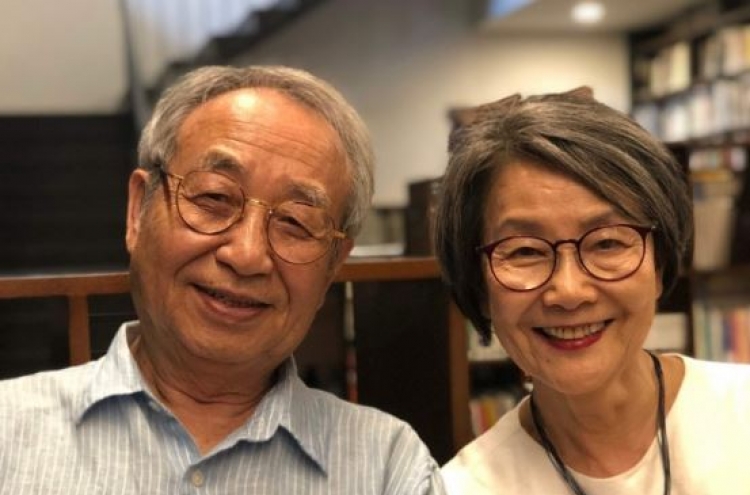
Vietnam
In Vietnam, grandparents are more than just caregivers—they are the keepers of family history and traditions.
They pass down stories that preserve the spirit and identity of the family.
During Tết (Lunar New Year), they lead the family in rituals to honor ancestors, like offering food and burning incense. These rituals are not just traditions; they are ways to connect with roots and remember past generations.
Grandparents often share stories of family struggles, especially during difficult times like the war. These stories carry lessons about courage, loyalty, and resilience. They also emphasize the importance of family unity and cultural pride.
Vietnamese grandparents teach traditional skills like cooking, language, and respect for cultural values. Through these teachings, they ensure that the younger generation stays connected to their heritage, no matter how much the world around them changes.
Their guidance helps shape a deep sense of identity and respect for family and tradition.
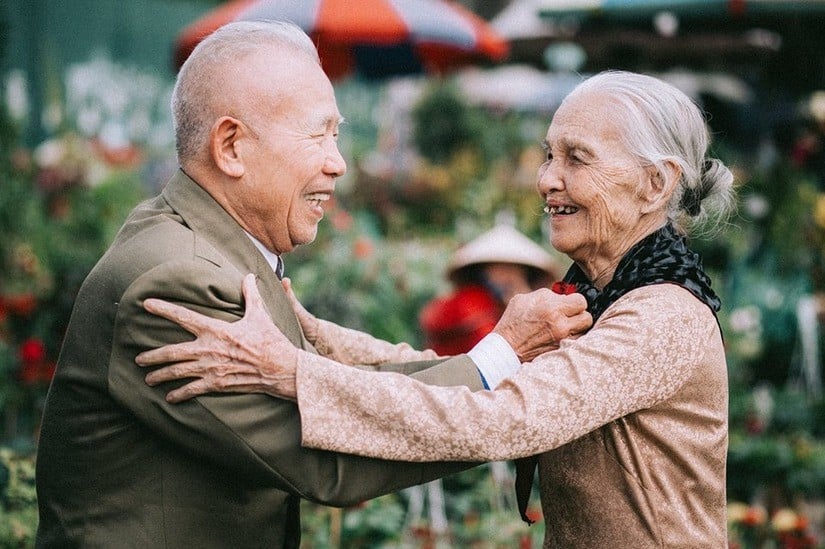
Philippines
In the Philippines, grandparents—Lolo and Lola—are the foundation of the family, especially in homes where parents may be working abroad.
They provide more than just care; they keep the family connected and pass down essential lessons. Grandparents often emphasize the importance of faith, with traditions like waking up early for Simbang Gabi during Christmas.
Faith, for them, is not just practiced in church but lived daily.
They teach prayers, share stories about saints, and remind younger generations to be thankful for what they have. Grandparents also pass down stories of resilience, often recounting life in the provinces or during challenging times, like the Marcos era.
Their stories teach strength, humility, and how to face life’s difficulties with grace. They also share traditional games like sungka and teach cooking methods for dishes like adobo, showing that food is about more than eating—it’s about bringing people together.
Grandparents in the Philippines ensure that family, faith, and tradition remain strong, grounding the younger generations in their cultural identity.
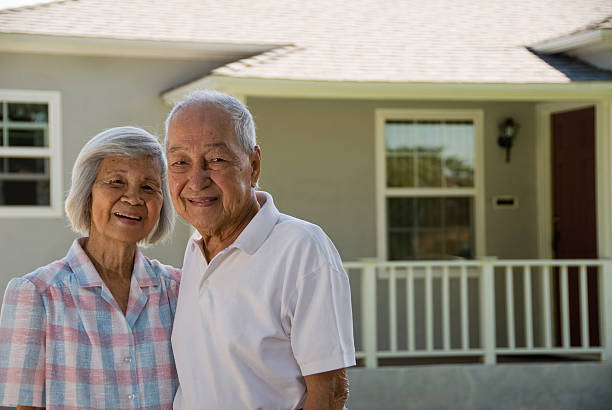
In societies around the world, grandparents play a role beyond just taking care of children. They serve as teachers, moral compasses, and protectors of traditions and heritage.
Their impact positively shapes the lives of their grandchildren by offering them an upbringing that extends beyond academic education.
They transmit familial wisdom to generations to help them grasp the beliefs and customs that define who they are.
This holds true not only in the countries mentioned but also across many other Asian cultures, where the role of grandparents is equally important in nurturing both the hearts and minds of children.
Final Thoughts
The role of grandparents in educational contexts, particularly within Asian cultures, underscores the profound impact of multigenerational involvement. In countries like China and India, this involvement provides a robust support system that enriches children’s educational journeys.
My personal experiences with my grandmother and granduncle highlight how grandparents can serve as invaluable mentors, guiding us not only in academic pursuits but also in personal growth.
Understanding these dynamics emphasizes the importance of incorporating extended family relationships into educational research and policy. The lessons learned from grandparents, both culturally and personally, reveal the value of family support in shaping a child’s future.





